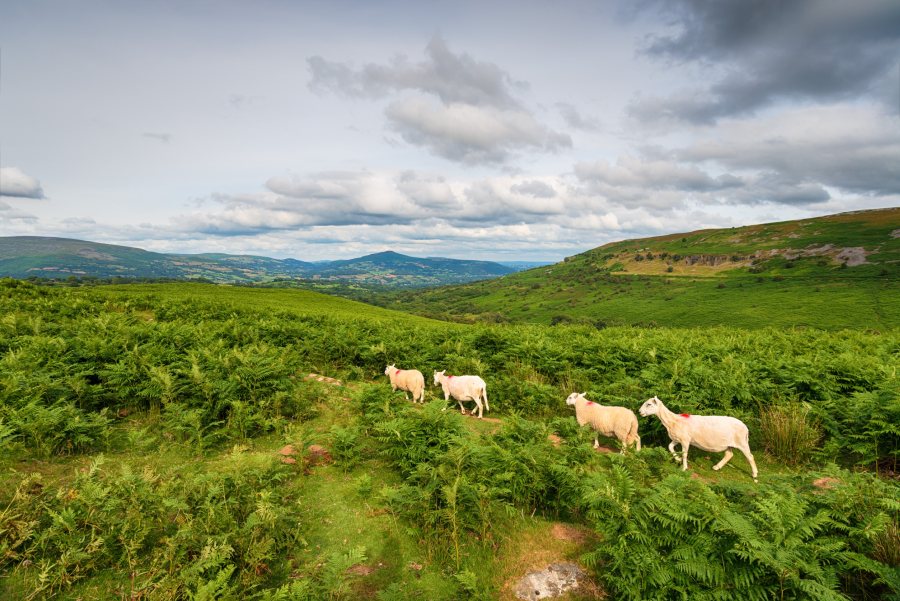Scottish farmers see 'further blow' to bracken control options

An announcement from a manufacturer to withdraw the only viable plant protection product to control bracken has been called a 'further blow' to the Scottish farming industry.
The manufacturer of Asulox, Cheshire-based UPL Ltd, has confirmed it will end further work on a permanent solution that would support the continued use of the product into the future.
Although granted an emergency authorisation for use in England this year, the Scottish government announced in June that Asulox would not be authorised for use in 2023.
For the past 10 years, Asulox had been approved annually as part of an emergency authorisation process to control bracken, which poses a risk to livestock health due to the abundance of ticks
In the absence of any other viable alternative, NFU Scotland said the ban would consign some of Scotland’s hillside to "monocultures of tick-laden nature-depleted bracken".
The union warned that this would have "ramifications for farmers, crofters, rural communities, human health, and biodiversity".
Chair of NFU Scotland’s environment committee, Peter Douglas said Scotland’s farmers and crofters were facing an uphill battle to control existing stands of bracken.
“In the face of there being no viable control alternative to Asulox, the position taken by the Scottish government in June was a major disappointment, particularly when the product did receive emergency authorisation in England.
“The potential for emergency reauthorisation of Asulox in 2024 to be successful relied on the support and evidence that UPL would have provided.
"This will mean that there will be no Asulox available for bracken control in 2024 and beyond."
He added: “This is disappointing, as the threat, spread and impact of bracken across Scotland’s hills and uplands is increasing every day.
“There are non-chemical methods of control available such as bruising, cutting or rolling. However, on many hill farms, bracken is on land that is too steep or rocky for ground-based vehicles to reach.
"Attempting non-chemical methods would be an unacceptable health and safety risk and aerial spraying is the only viable option."
NFU Scotland said a more consistent and strategic approach to bracken was needed for the long-term, and stakeholders in the Bracken Control Group would try and achieve that.
This should be based on improved stewardship and emphasis on integrated pest management, the union explained.
However, Mr Douglas warned: “Without a viable control strategy in the short term, this invasive weed will continue to pose a significant and unacceptable threat to biodiversity, agriculture, animal welfare, and public health in Scotland.”








